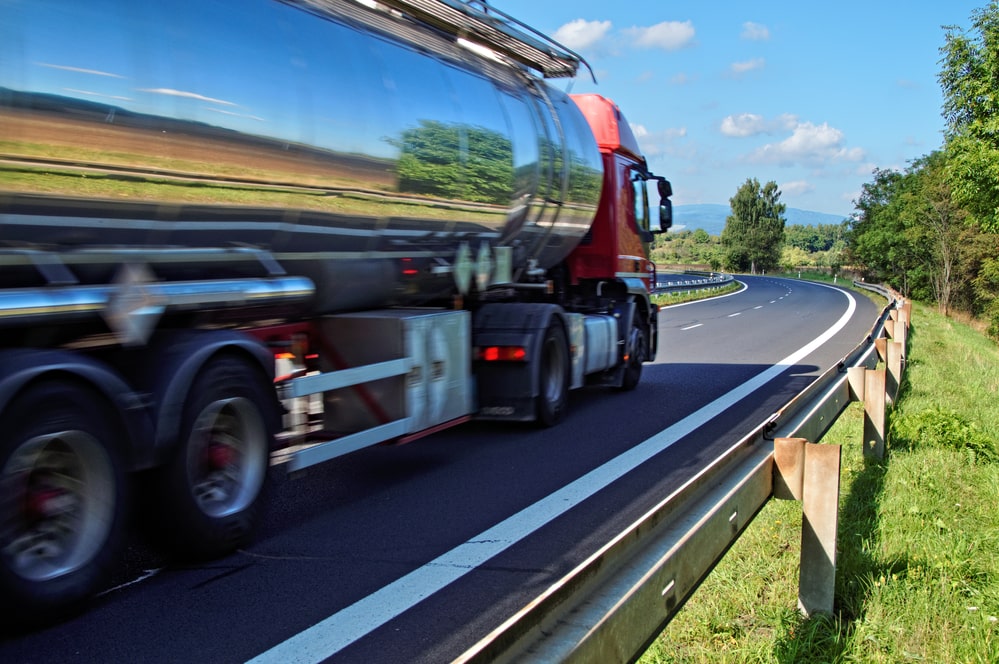Truck accidents are complex and often have devastating consequences due to the size and weight of commercial trucks. When it comes to seeking compensation after a truck accident, understanding the intricacies of commercial insurance is paramount. In this article, we’ll delve into the complexities of truck accidents and commercial insurance, shedding light on the nuances of these cases. Our friends at Brandy Austin Law Firm can attest to the challenges involved in navigating this territory.
Understanding Commercial Insurance
Commercial trucks are typically covered by commercial insurance policies, which differ significantly from personal auto insurance. These policies are designed to provide coverage for the unique risks associated with commercial trucking. Here are some key aspects of commercial insurance in the context of truck accidents:
1. Multiple Parties Involved
Truck accidents often involve multiple parties, including the truck driver, the trucking company, the cargo owner, and others. Each of these parties may have its own insurance coverage, making it crucial to determine liability and which insurance policies apply.
2. High Insurance Limits
Commercial insurance policies for trucks generally have higher coverage limits compared to personal auto insurance. This is because the potential for severe injuries and property damage in truck accidents is significantly greater.
3. Federal and State Regulations
Trucking companies must comply with both federal and state regulations, which may include specific insurance requirements. These regulations aim to ensure that adequate coverage is in place to compensate accident victims.
4. Cargo Insurance
In addition to liability coverage, commercial trucking companies often carry cargo insurance. This type of insurance covers damage or loss to the cargo being transported. It’s essential to determine whether cargo insurance applies in your case, as it may provide additional avenues for compensation.
5. Self-Insured Companies
Some large trucking companies opt to self-insure, which means they have the financial means to cover accident-related expenses directly. This can add another layer of complexity to the claims process.
Navigating The Claims Process
Navigating the complexities of commercial insurance in the aftermath of a truck accident requires legal expertise. Here are some steps to consider:
1. Consult a Truck Accident Lawyer
Seek legal counsel from a qualified truck accident lawyer like those at Brandy Austin Law Firm. An experienced attorney can help you identify liable parties and insurance coverage, ensuring you pursue the appropriate claims.
2. Investigate Liability
Determining liability in a truck accident is often multifaceted. Your lawyer will conduct a thorough investigation to establish who was at fault and which insurance policies may apply.
3. Evaluate Damages
Assess the full extent of your damages, including medical expenses, property damage, lost wages, pain and suffering, and more. Your lawyer will help you build a comprehensive claim.
4. Negotiate with Insurers
Your attorney will negotiate with the relevant insurance companies to secure a fair settlement on your behalf. This may involve dealing with multiple insurers and policy limits.
5. Consider Litigation
If negotiations fail to yield a satisfactory outcome, your lawyer may recommend pursuing a lawsuit to seek the compensation you deserve.
Truck accidents often come with many different entities to consider and the process is easily overwhelming. A dedicated truck accident lawyer has the experience and knowledge needed to navigate the complexities of these cases successfully. If you or a loved one has been involved in a truck accident, you should always seek professional legal counsel you can trust. A lawyer can provide invaluable support in ensuring your rights are protected and you receive the compensation you need to recover and move forward.



